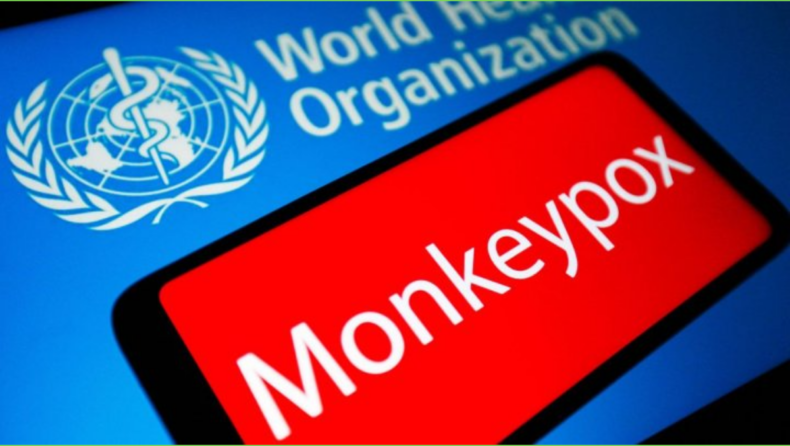The fast-growing monkeypox outbreak is a global health emergency, according to World Health Organization Director-General Tedros Adhanom Ghebreyesus today.
During a media event in Geneva, WHO’s Tedros Adhanom Ghebreyesus announced his decision to declare a health emergency, confirming that the committee had failed to establish an agreement, with nine members opposed to the announcement and six in favor.
The WHO designation of a “public health emergency of international concern” is intended to raise awareness that a coordinated worldwide response is required, potentially unlocking financing and global efforts to collaborate on vaccine and treatment sharing.
Members of an expert group that gathered on Thursday to consider the potential proposal were divided on the choice, two sources told Reuters earlier, although the final decision rests with the United Nations agency’s director-general.
During a press conference in Geneva to announce his decision to declare a health emergency, Tedros acknowledged that the committee had failed to establish an agreement, with nine members opposed to the announcement and six in favor.
Previously, Tedros had normally backed expert committee decisions, but sources said he had likely opted to support the highest alert level owing to worries about rising case rates and a shortage of vaccinations and treatments, despite the lack of a majority view.
The fast-growing monkeypox outbreak is a global health emergency, according to World Health Organization Director-General Tedros Adhanom Ghebreyesus today.
The WHO designation of a “public health emergency of international concern” is intended to raise awareness that a coordinated worldwide response is required, potentially unlocking financing and global efforts to collaborate on vaccine and treatment sharing.
Members of an expert group that gathered on Thursday to consider the potential proposal were divided on the choice, two sources told Reuters earlier, although the final decision rests with the United Nations agency’s director-general.
Tedros stated that the committee had failed to declare a health emergency during a press conference in Geneva.
Previously, Tedros had normally backed expert committee decisions, but sources said he had likely opted to support the highest alert level owing to worries about rising case rates and a shortage of vaccinations and treatments, despite the lack of a majority view.
Lawrence Gostin, a law professor at Georgetown University in Washington, D.C. who studies the WHO, praised the organization’s political boldness.
“It does nothing except boost WHO’s reputation. The correct outcome is obvious: failing to declare an emergency at this moment would be a historic blunder.”
This year, approximately 16,000 cases of monkeypox have been reported in 75 countries, including five deaths in Africa. Among the new epidemic, the viral illness, which spreads by intimate contact and causes flu-like symptoms and pus-filled skin sores, has been spreading mostly in males who have intercourse with men outside of Africa, where it is common.
Scientists and public health professionals have been putting pressure on the WHO and national governments to take greater action on monkeypox.
Since the committee first convened at the end of June, when there were only approximately 3,000 instances, the number of cases of the viral illness has skyrocketed.
The expert committee decided at the time to reassess their view on the emergency declaration if the outbreak worsened.
One of the primary considerations motivating the reassessment was whether the infections, which are almost completely affecting males who have sex with men, will spread to other populations, notably minors or individuals who have been vulnerable to the virus in previous outbreaks in endemic nations.
The United States detected its first two monkeypox cases in youngsters on Friday.
Any alterations to the virus itself might potentially prompt a reconsideration, according to the committee.
According to the sources, the group is currently split between those who believe an emergency declaration will expedite efforts to contain the epidemic and others who believe the aforementioned requirements have not been reached because the sickness has not yet expanded to new groups of individuals or had a high death rate.












